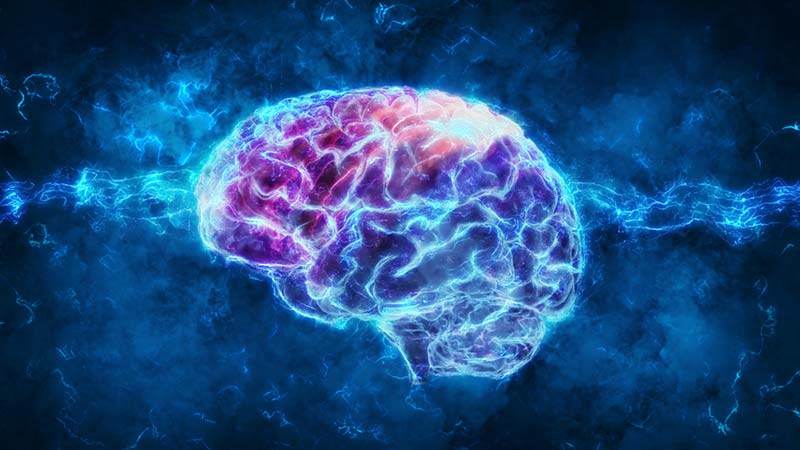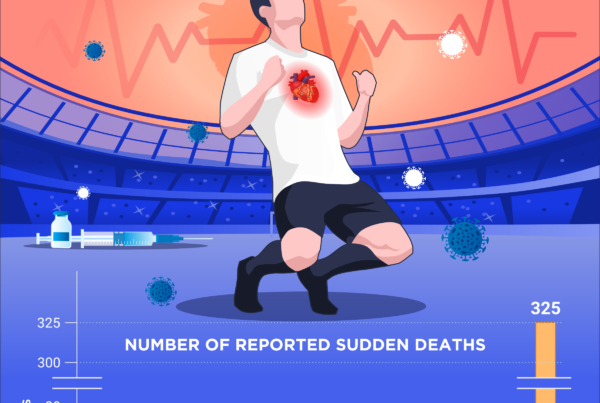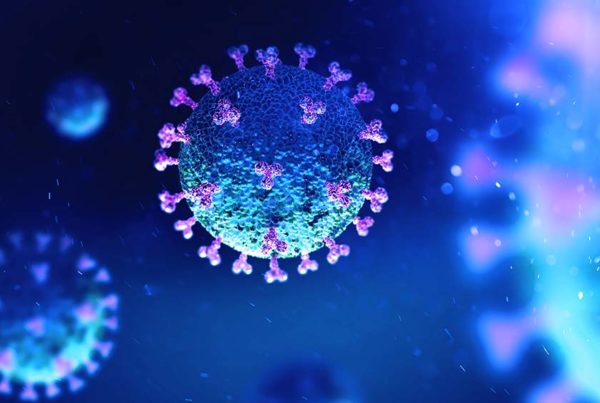
How people make decisions in managing their own health and fitness could play a major role in promoting illness, disease and injury worldwide, according to researchers.
In a new scientific paper published in the journal, Frontiers in Public Health, Philip Maffetone and Paul Laursen show how two separate behavioral processes guide individuals in choosing nutrition and exercise lifestyle habits. The authors applied long-known decision-making theory to consumer choices of health and fitness products and services, showing that emotional decision-making can be harmful.
The researchers say individuals applying self-care approaches make certain subconscious or conscious choices, referred to as System 1 and System 2 decisions, respectively, when adopting health strategies such as programs or philosophies, habits and routines.
System 1 is an emotional process with more error-prone cognitive illusions, not unlike brainwashing, that often leads to failure, and even dangerous herd behavior. System 1 is steeped in misinformation, associated with higher rates of failure, while central to selling many health and fitness products and services, showing that emotional decision-making can promote illness, disease and injury.
Unfortunately, many people seeking to improve eating and exercise habits fall victim to this approach through marketing hooks, especially the popular one-size-fits-all diets and exercise programs that System 2, the rational cognitive process, knows is “too good to be true.”
System 2 is a rational decision-making process, associated with personalized plans that tend to be more successful. It relies on conscious intellect, requiring time to think about a particular eating plan or exercise program. The MAF Method is a System 2 approach.
System 2 thinking is promoted as having more reliable long-term and sustainable improvements but generally requires much greater personal engagement than System 1 practices.
“Despite the continued growing popularity of MAF, the benefits are too often drowned out by other emotional headline hype,” Dr. Maffetone says. “Even though my anti-junk food, anti-no pain, no gain approach, which began in the 1970s, is more scientific, practical and healthier, trendy unhealthy habits, poor health, injury and reduced performance continue to win in the world’s marketplace.”
The new article demonstrates how System 1 decisions are largely ineffective, may not be beneficial and indeed, may actually be harmful. The authors give an example that exercise participation continues to trend upward, yet the overfat pandemic, and resulting rates of disease, simultaneously continue to grow.
Asked what headline MAF could use to help more people, Dr. Maffetone said, “Don’t just do it, do it right.”
To read the full study, click here.








